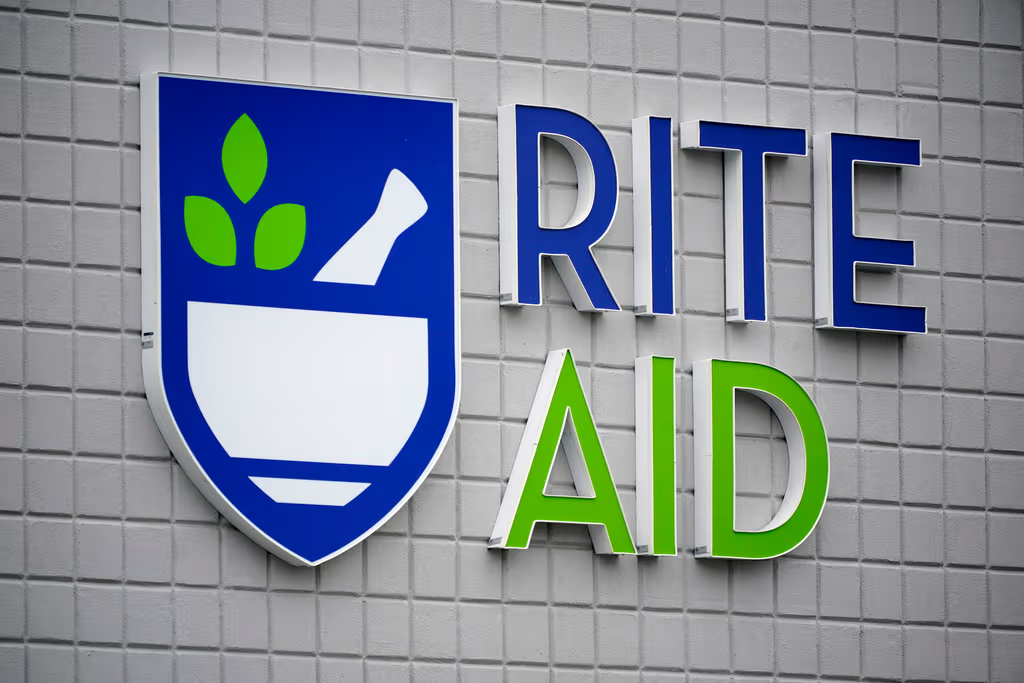
Fani Willis Comes Under Fire as Georgia’s GOP Lawmakers Plan Sweeping Restrictions Following Her Failed Prosecution of Trump
By A.R. HOFFMAN
|The retailer, which is already facing financial strain from settlements related to opioid lawsuits and suffering major financial losses from rampant shoplifting, uses AI-powered surveillance to ‘capture images of all consumers as they entered or moved through the stores.’

Already have a subscription? Sign in to continue reading

By A.R. HOFFMAN
|
By LUKE FUNK
|
$0.01/day for 60 days
Cancel anytime
By continuing you agree to our Privacy Policy and Terms of Service.
By NOVI ZHUKOVSKY